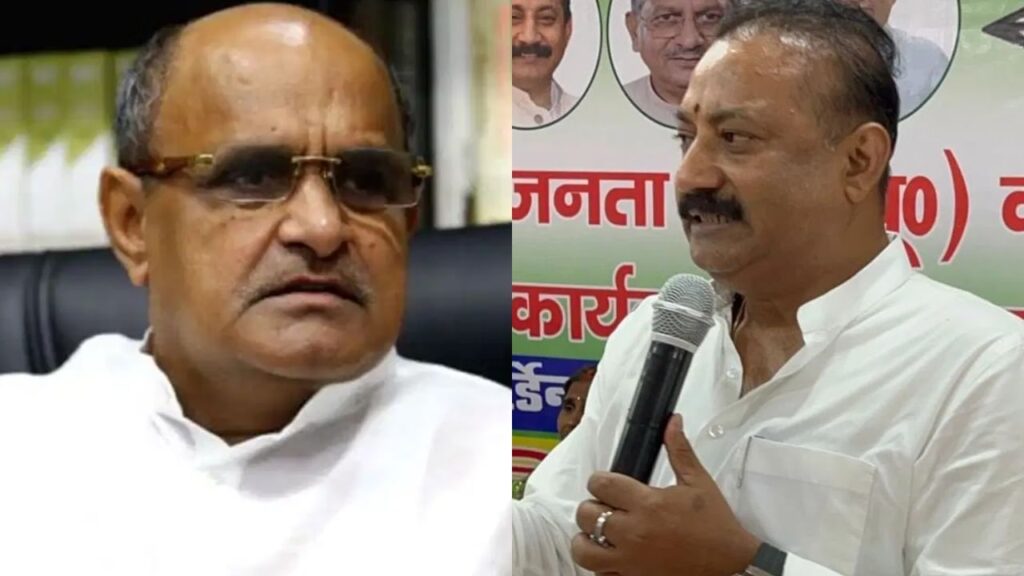Ashok Chaudhary, KC Tyagi
Introduction
Ashok Chaudhary, a minister from the Janata Dal (United) or JDU party in Bihar, has found himself under fire from his colleagues within the party, particularly those belonging to the Bhoomihar caste. The situation has heightened with the resignation of prominent leader KC Tyagi, leading many to speculate on the connections between this political upheaval and Chaudhary’s recent statements regarding the Bhoomihar community. Although KC Tyagi’s resignation may not be directly tied to the internal dynamics of JDU, it provides an additional excuse for Bhoomihar leaders to challenge Ashok Chaudhary’s controversial remarks.
Context of the Resignation
KC Tyagi, originally hailing from Uttar Pradesh, has often been associated with the Bhoomihar caste, a designation often linked to certain surnames in UP. This affiliation has made his resignation particularly poignant, especially in light of Ashok Chaudhary’s earlier comments regarding the Bhoomihar community. Many are now questioning the implications of Tyagi’s departure — a prominent Bhoomihar leader stepping down from a critical position raises significant concerns and inquiries about the ongoing political rifts within the JDU.
The Cause Behind KC Tyagi’s Resignation
KC Tyagi’s resignation appears to stem from various personal statements that diverge from the party’s established line. His pronouncements on sensitive issues such as reservations and armed support for Israel have reportedly made the political atmosphere within the JDU increasingly tense. With Ashok Chaudhary’s recent comments about the Bhoomihar caste, dissent within the party has become more pronounced. Prominent party members, including Neeraj Kumar and Jagdish Sharma, along with several other legislators, have openly opposed Chaudhary, utilizing Tyagi’s resignation as a tactical advantage to bolster their attacks against him.
Ashok Chaudhary’s Exclusion from Party Events
In the wake of these events, the JDU plans to welcome back Shyam Rajak, organizing a gathering at the party office. Notably absent from the list of invitees is Ashok Chaudhary, which may further illustrate his diminishing standing within the party. The invitation mentions several senior leaders, but Chaudhary’s omission is perceived as a direct consequence of his controversial statements regarding the Bhoomihar community. This exclusion signifies a growing rift and may provoke further challenges to his position within the party.
Conclusion
The political landscape within the JDU is undeniably shifting, with echoes of internal strife reverberating through the party ranks. The abrupt resignation of KC Tyagi and the backlash against Ashok Chaudhary spotlight the deeper tensions concerning caste dynamics and personal ideologies. As the situation unfolds, it will be interesting to observe how these developments influence the JDU’s strategy and governance in Bihar.
